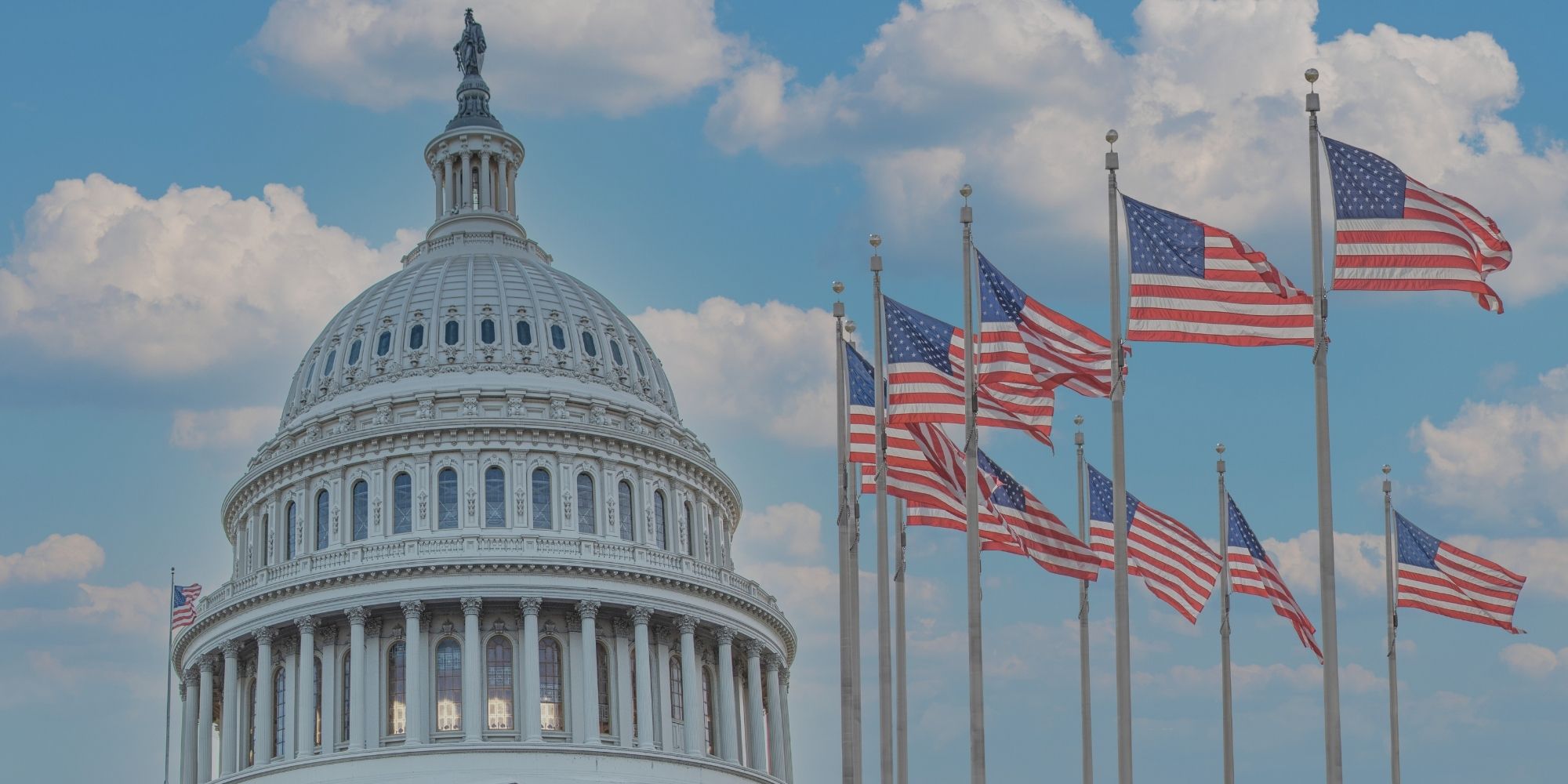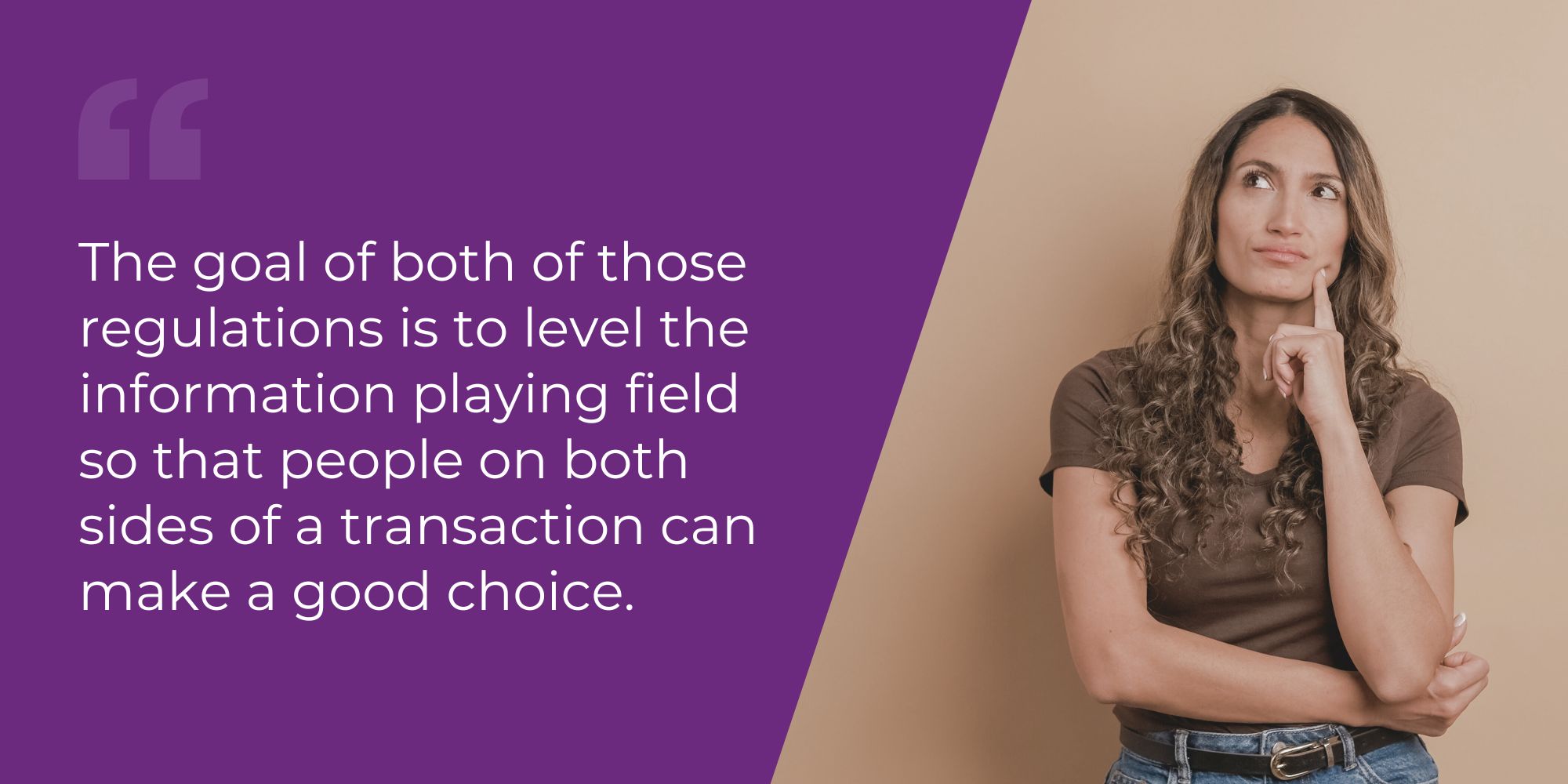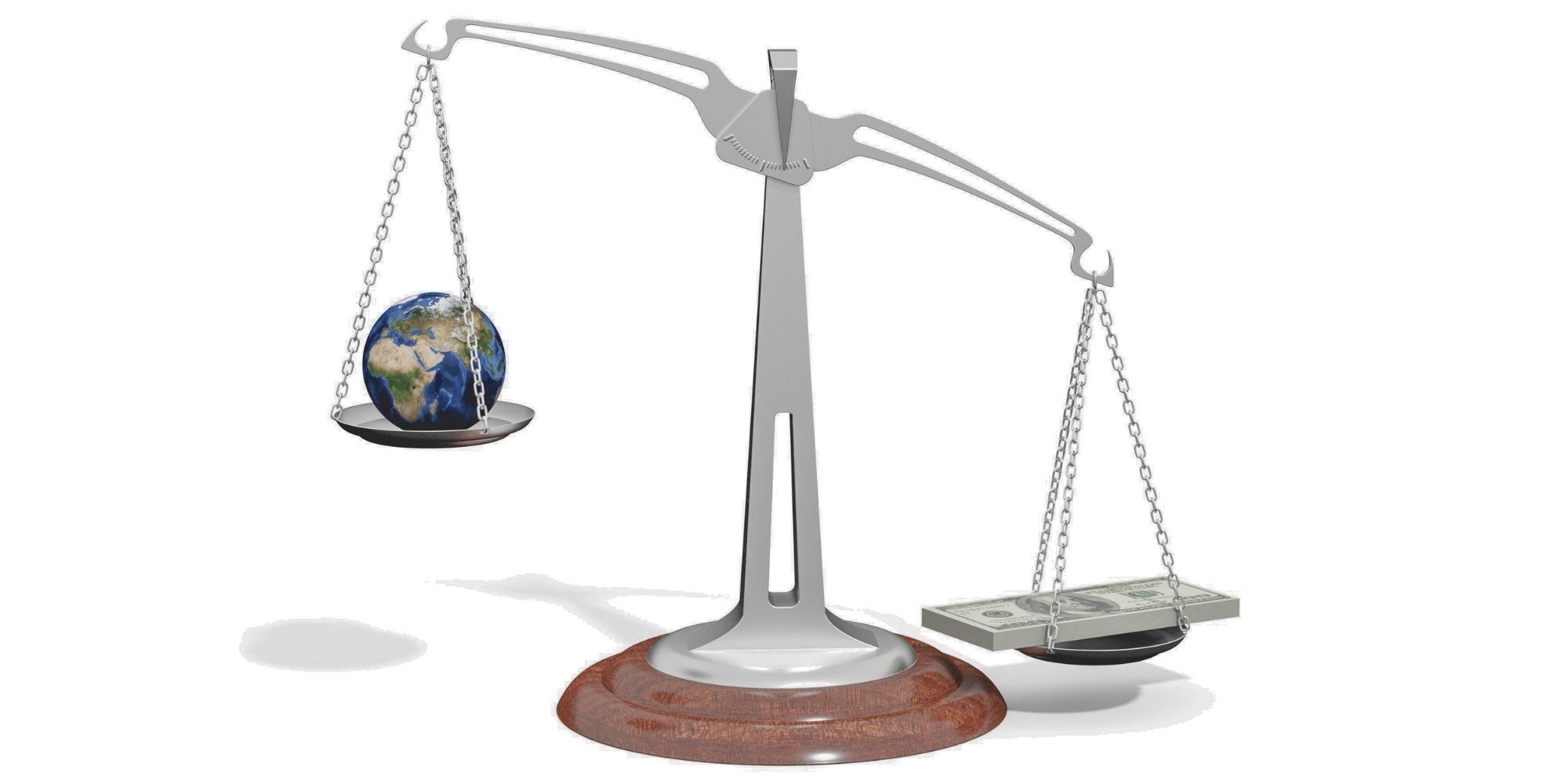Learn more about Colin Shaw: Join over 85,000 people on our LinkedIn Newsletter list or visit our website for more great podcast episodes.
Listen to the podcast:
Let’s talk government. Mind you, I said government, not politics. Specifically, let’s determine whether the government should optimize its Customer Experience. Also, I want to explore what role the government should have in any experience.
Organizations must abide by regulations, many of which affect the Customer Experience. Some are good, by the way. Others, well, we’ll get to that.
Let’s begin with whether governments should worry about the Customer Experience they provide their constituents.
For my part, it probably should. A government that provides a truly terrible customer experience might find itself with a revolt. The Boston Tea Party wasn’t exactly a ringing endorsement of the British Crown in the American colonies, was it?
Some parts of government want to improve, but probably not for the reasons you think. About twenty years ago, the water company in the UK hired my global Customer Experience consultancy to help them improve their experience. I’ll admit I was puzzled when they did. While the water company didn’t have a great reputation, it also had no competition. I asked the CEO why he wanted to improve the experience since he had a monopoly and people needed water (and sewage services).
His answer surprised me. He wanted to become the best water company to get all the best people to work for him. If you have the best people, they will provide the best services, making it easier to collect the bills. I hadn’t considered this angle before.
I’ve recently had some good experiences with the government. I needed a new British passport. I thought it would be a real pain with many obstacles, but I was wrong. I got it delivered in a week.
Another good experience with the government was at the Tampa Airport. We have global entry, which helps us get through passport control quickly and without queuing up. The face scanner admits us. We pay for this service, but it was money well spent; the other poor blokes were in for a three-hour wait.

Why Governments Should Care About Their Experiences
Governments that run efficiently and consistently are important for several reasons. First, it’s like my client at the water utility said, you get the best people. Plus, those great people are proud to say where they work, which also recruits more great people. Also, being good saves money, and even the government can’t ignore that benefit. Additionally, people’s experience with the government drives life satisfaction to a surprising degree.
The customer experience with the government matters in many ways, including facilitating economic growth. For example, businesses don’t want to establish themselves in a country where the government is corrupt or inefficient. Fewer businesses means a further depression on the economy. A poor economy means that great people won’t stick around.

The Role of Government in the Regulation of Experiences
I have a libertarian streak that runs through me. I believe that markets are efficient on average and solve many problems. People favoring market-based solutions must allow markets to solve problems by providing the market-generated solutions.
However, these solutions require a certain amount of information transparency, trust, and compliance. Otherwise, there are not enough consequences for those who don’t do what they should. Therefore, market efficiency requires a certain level of regulation or compliance.
Let me give you some examples. I asked ChatGPT to tell me about a few governmental regulations in the States. It came up with a few, including these two from financial services:
- The Truth and Lending Act requires lenders to provide clear, standardized information regarding loan terms and interest rate fees to help customers make better decisions.
- The Consumer Financial Protection Bureau: This regulation protects consumers from unfair, deceptive, and abusive practices of financial products and services.
Both are necessary in the financial markets because there’s information asymmetry. Often, the people selling financial products are much better informed about what those products do and how they operate than the consumers that buy them. It’s easy for them to use that information asymmetry to trick buyers into purchases that aren’t good for them. The goal of both of those regulations is to level the information playing field so that people on both sides of a transaction can make a good choice.

So, how do they get here, duping people into financial products that are not good for them? Too much pressure on people to make a profit leads to what Frederick Reichheld calls “bad profits.”
What happened in the Great Recession regarding mortgages were examples of bad profits and bad practices. Unfortunately, that wasn’t the last time we saw things like that; we still uncover similar practices.
It’s profitable to exploit people and a consistent way to make a lot of money. However, as a society, we’ve decided that’s not an appropriate way to make money.
Another example of good governmental regulation is the Americans with Disabilities Act. My mother-in-law was in a wheelchair before she passed away. It was challenging sometimes to get her in businesses, which is something you likely don’t realize until you are trying to get a wheelchair into a difficult access point. However, companies are unlikely to undertake the expenses to make everything accessible for everyone since fewer people tend to need accommodation. Therefore, regulation was required to force businesses to do so.
Another good example of governmental regulations on experiences is the Biden administration’s Time is Money initiative. Among other things, this regulation intends to make it easier to cancel subscriptions and memberships. Sure, some companies like YouTube TV and Netflix are brilliant at making it easy to do with a couple of clicks, but some organizations make it deliberately difficult.
Here are a few other things the initiative strives to do, per USA Today:
- Simplifying the process for canceling subscriptions and memberships.
- Mandating airlines to refund airfare if a flight is canceled or significantly altered, without acceptable alternatives.
- Allowing online submission of health insurance claims.
- Requiring companies to offer direct access to a human customer service agent with one button press.
- Holding businesses accountable for poor service by banning fake reviews, blocking honest reviews, or paying for positive ones.
- Reducing reliance on ineffective chatbots for customer service.
- Improving communication between parents and schools.
The White House also published a Fact Sheet about all the consumer protections they seek to enact. Among them are regulating junk fees, shrinkflation, rising prescription drug costs, and unfair pricing practices.
Of course, governmental regulations aren’t all good for experiences. Some regulations make experiences worse. Many states in the US overregulate industries and choke off competition.
Some states requires thousands of hours of training in hairdressing and oversight to get your certification to cut people’s hair. That seems unnecessary to me.
In New Jersey, you cannot pump your gas by law. You need to wait and have an employee do it for you. I suppose that’s another reason not to visit New Jersey.

Regulation Requires Balance
So, the answer isn’t to have no regulation, but too much creates situations like these that seem ridiculous or limit competition and bogs down markets. There is a role for government regulation to play in improving customer experience, but it requires balance.
Also, the government must provide a decent Customer Experience for its constituents. That doesn’t mean to say that governments must provide the best Customer Experience, but they should at least be average.
There are also areas where the government should get involved with regulations. However, lawmakers should always review them. Otherwise, you might find yourself impatiently tapping your steering wheel off the New Jersey Turnpike, waiting for someone to pump your gas.
Governments should strive for good Customer Experience because it’s the right thing to do, but also because it has a major influence on life satisfaction of people living in those countries. Life satisfaction has implications for the country’s economy and society. So, there are serious effects of incompetent, corrupt, or inefficient governments. So, it should be an aim of governments to improve Customer Experience.
Luckily, they can do so by reading this newsletter and using the same tips and techniques that any company would use.

Colin has conducted numerous educational workshops, on how to improve your Customer Experience, to inspire and motivate your team. He prides himself on making this fun, humorous, and practical. Speak to Colin and find out more. Click here!


